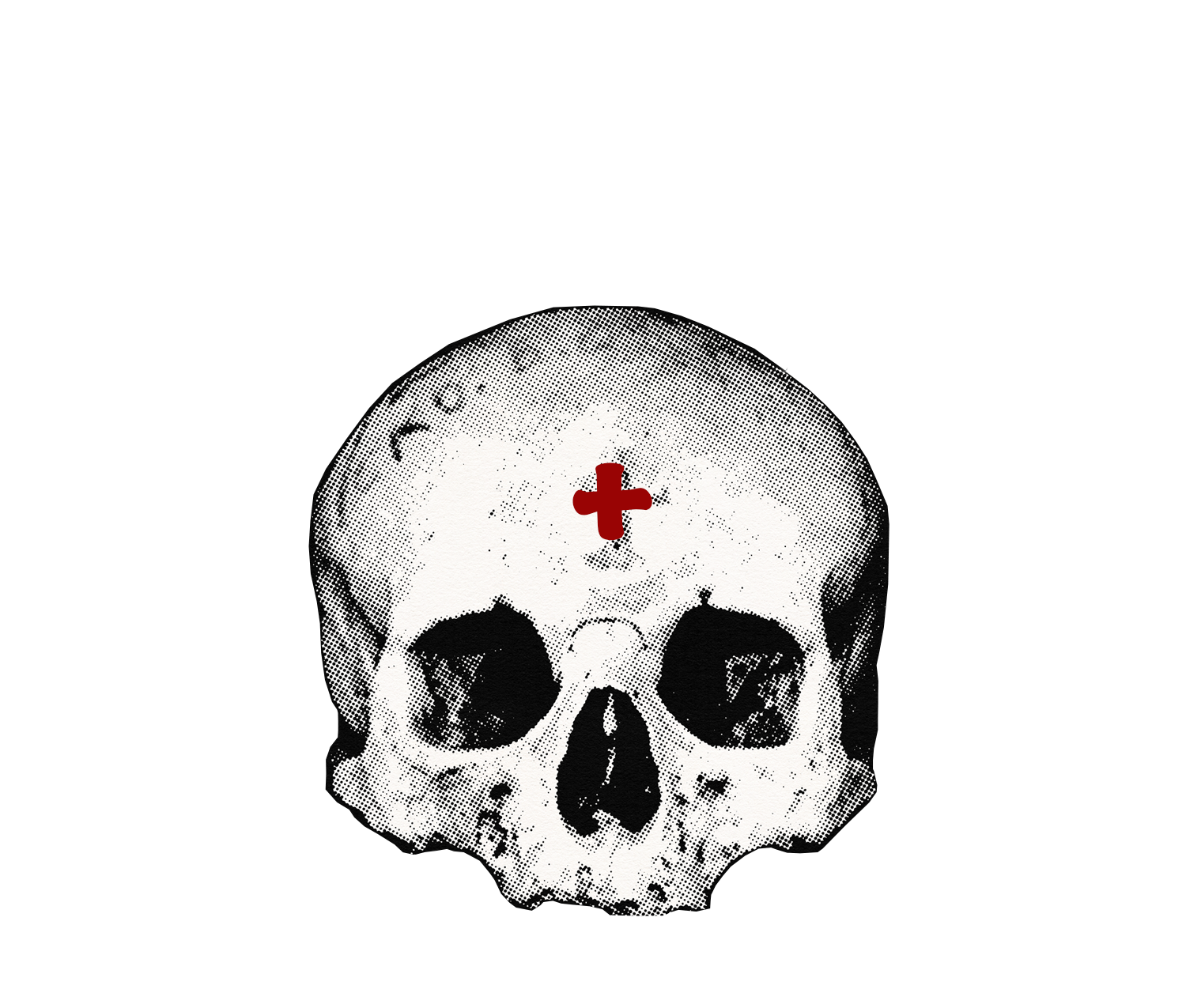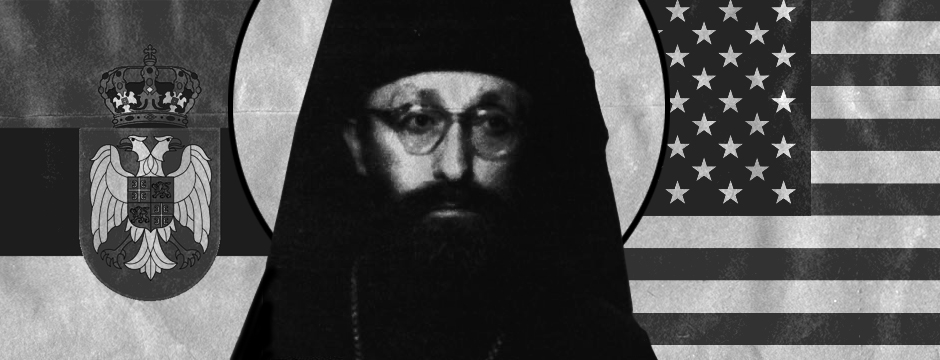Bishop Barnabas (Varnava Nastich), was born in Gary, Indiana in 1914. In the nine years he lived there, he gained an outstanding appreciation for our love of freedom. Eventually, he moved to Serbia, from where his parents had come. In Serbia, St. Barnabas worked diligently against the Communists regime and was eventually brought to trial in spite of his position in the Orthodox Church. Here is part of the transcript of his interrogation for allegedly spying for the United States. Try to imagine yourself in the courtroom.
‘Q. What do you have to say?
A. All your accusations are inventions and false. I tell you, I am not afraid. You may kill me, but that is not important. The Serbian people are against you and all the civilized world despises you. You have already lost the war.
(The courtroom cheered the prisoner.{!!})
Q. You are reported to have said that the regime in Yugoslavia is atheistic, that violence and crime have the upper hand and there is urgent need for action to remove the tyranny. Did you speak in this manner?
A. Yes, and more than that. I have spoken what all the people are speaking, feeling and desiring.
Q. Do you believe that Americans will come to overthrow the present regime?
A. I believe that quite positively. And I know that our people will meet the Americans with cheers as a liberating army.
Q. Did you speak to the farmers that they will be better off when the Americans come?
A. In substance I did say that to them. And the same I say to you here and now.
In a long question the bishop was charged with being in contact with anti-Tito Chetniks in the hills of Praca and Rogatica.
A. Not a word will I say about those brave men in the free hills who are ready every moment to lay down their lives for their ideals and those of their people.
(The approving uproar was so great that the judges ordered the courtroom cleared.)
The prosecutor produced a letter, purportedly written by the bishop, in which it was stated that 1,300,000 Serbs had become innocent victims of the hammer & sickle.
Q. Did you write this letter, and do you think this statement is true?
A. With my own hand I wrote it. The only thing that might be incorrect in that statement is the number of victims. For, since I wrote that letter, you have killed very many more people. Therefore, I say, only the number might be incorrect.’
In the end the bishop’s legs were manacled, and, clanking his new chains, he was taken off to eleven years of labor in the prison ironworks of Zenica. St Barnabas was released in 1951, eight years early – though he always remained under government surveillance. He “died suddenly,” some say poisoned, on November 12, 1964, aged just 50.
I have always wondered what I would do if I were to be challenged as such. Like St. Polycarp, would I bless my tormentors? As my beloved St. Fevronia, would I curse them, demanding to meet my Lord? Or here, as is the case with St. Barnabas, would I stand tall, filled with the Light among the darkness, and proclaim the Truth? This is what it means to be a martyr in today’s world. If we keep current with today’s events, we see our brothers and sisters faced with this same challenge day in and day out in Ukraine, Egypt, and now in Iraq and Syria with ISIS/ISIL/IS, just to name a few. (I’ll leave the non-fatal persecutions up to the reader to piece together.) And they are answering the call many times over, while we sit here reading our books, watching our screens and playing our games. How do we show that we care? Can drawing a ‘nun’ on our house or changing our profile picture on social media sites change the course of history, or is it merely a soon-to-die fad? We are called to walk with the Lord, our God, and we must be willing to die in order to do so, like so many before us. In fact we MUST die daily.
Holy Saint Barnabas, the New Confessor, pray to God for us! And may the Lord bless all those who stand firm in their faith when it is surely death that they face.


